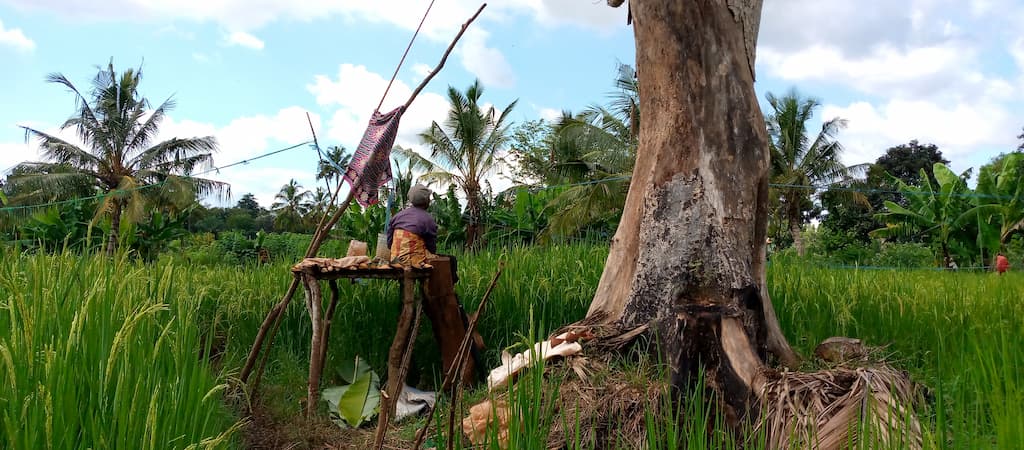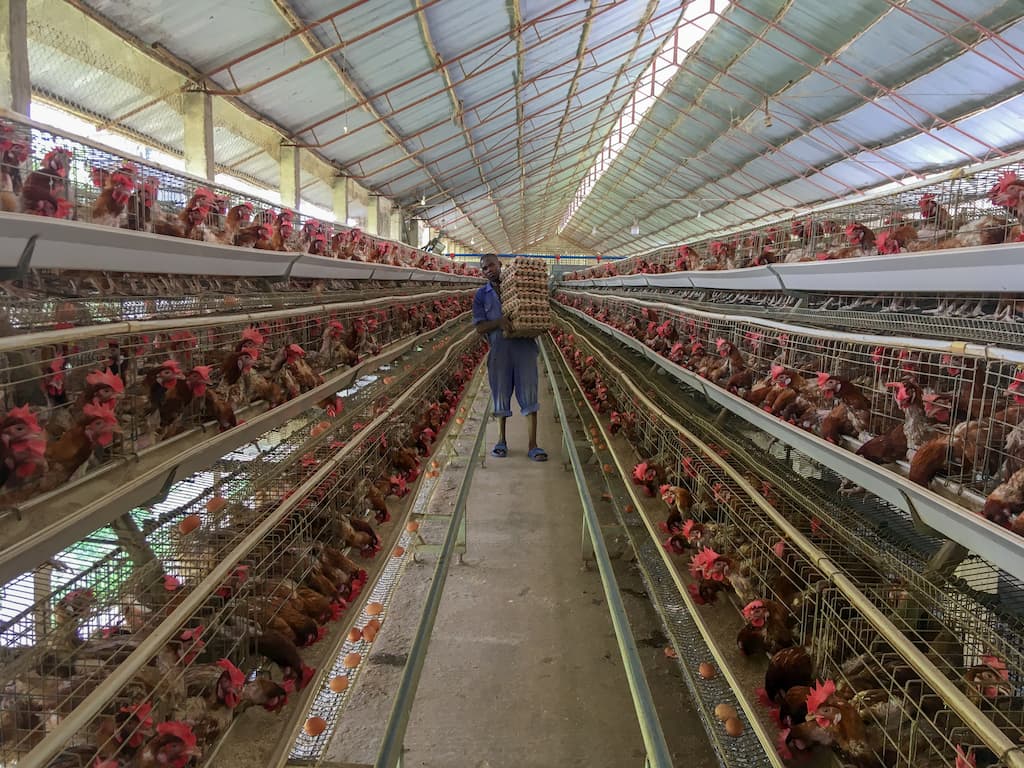Gender Equality and Obligations for Agricultural Development
By Betty Mntambo, Ombeni Swai, Mariam Genes
Men and women have made significant contributions to urban and peri-urban agriculture (UPA). However, the role of women in UPA has often been underestimated. As a result, there is limited information on the gendered division of labour in UPA in Tanzania. We undertook 415 surveys among male and female farmers. The results show the percentage of men and women engaged in UPA as 49.2 percent and 50.8 percent respectively in Morogoro, and 41.2 percent and 58.8 per cent respectively in Dar es Salaam. Evidently, there is a slight difference between the participation of men and women in the two regions. The survey demonstrates that women's role in UPA must not be underestimated. The results also indicate that women's participation in UPA has economic and social gains as they contribute to household expenditure. Therefore, it is important to address the gendered division of labour in the UPA.

